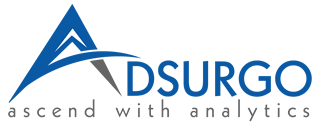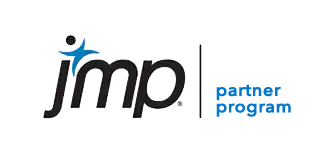-
Data Visualization and Storytelling
July 16, 2024
9:00 am - 4:00 pm Your Timezone
Data Visualization and Storytelling (1.0 days):
This course will provide principals to effectively communicate your technical results professionally. The methods will allow you to interactively discover deeper relationships graphically more efficiently. We will provide the foundations for creating better graphical information to accelerate the insight discovery process and enhance the understandability of reported results. First principles and the “human as part of the system” aspects of information visualization from multiple leading sources are explored using representative univariate, multivariate, time series, geographic, and unstructured text data sets.
Data Visualization and Storytelling Objectives:
- Understand data visualization principals
- Know the characteristics of data that help guide appropriate visualizations
- Be able to apply a disciplined process for designing good graphics and dashboards
- Create graphs for different data types to include univariate, multivariate, categorical, text, time series, geographic, and modeling output.
- Be able to tell the story of applied statistical analysis integrating the narrative with appropriate displays
Introduction
• Introduction, definitions, and historical perspectives
• Examples of data visualizations and interactivity
• Characteristics of data
Designing Effective Graphics
• Human side of data visualization
• Principles of good graphic design
• Data visualization methodology and best practices
• Dashboards
Creating the Right Graph
• Univariate plots: distributions, histograms, and boxplots
• Multivariate plots: scatterplots, contour plots, treemaps
• Categorical data plots: pie/doughnut graphs, mosaic plots
• Text/Unstructured data: word clouds, topic plots, word and documents clusters
• Time series data: trend lines/forecasts, waterfall plots, sparklines
• Geographic data: maps, custom maps
Graphics from Modeling
• Model adequacy checks
• Factor profilers and optimization
• Comparing competing models
Telling the story
• Data storytelling steps and principals
• Best practices
• Oral presentation tips

